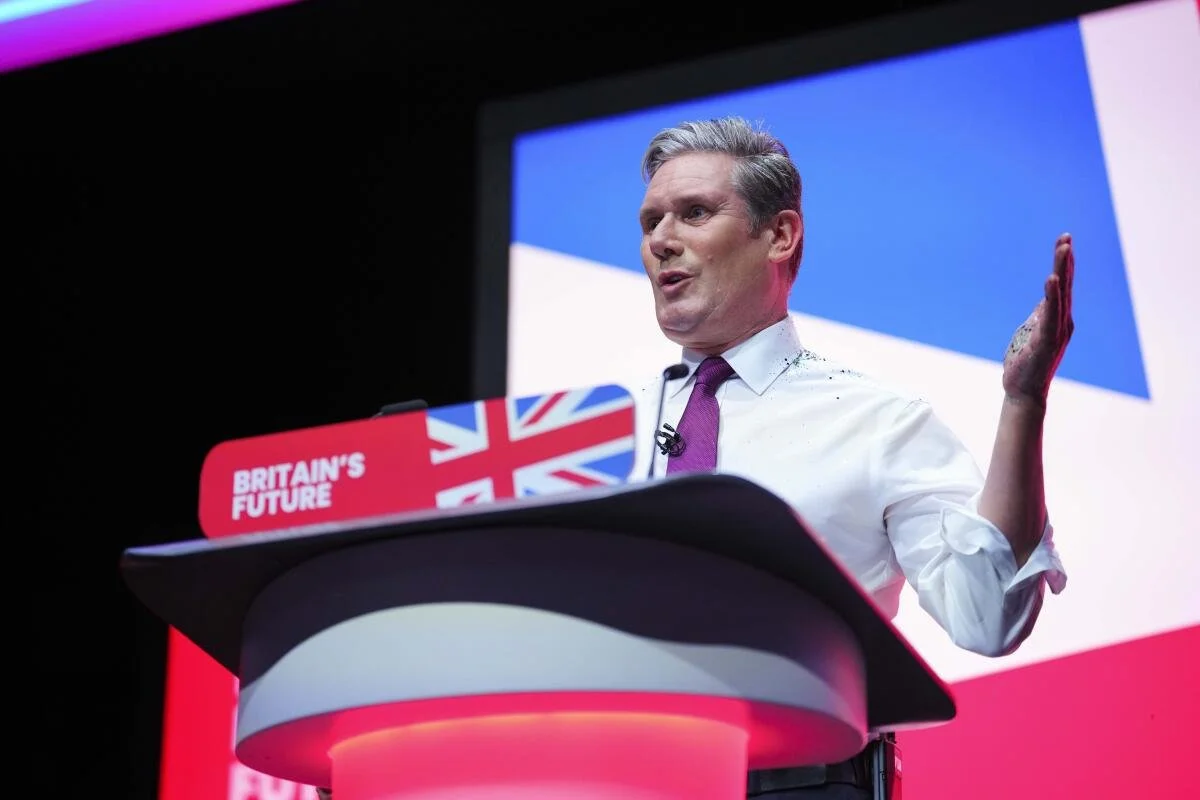
NEWS
Confiscating Russian assets – a lifeline for Ukraine?
Western help to Ukraine is at risk of drying up. US aid may be turned off altogether by Trump-supporting Republicans in Congress, even if Biden wins in November. Without that support Putin will eventually win. But $300bn of frozen Russian Central Bank investments could finance Ukraine’s self-defence and reconstruction. The question is, are Western governments willing to use it?
By Paul McGrade, Senior Counsel
Leaders in the G7 recognise the need to use Russia’s frozen assets to help Ukraine’s war effort. However, they are split on whether to confiscate the bulk of these investments, or simply appropriate the profits they are generating.
While profit seizure could release up to $4 billion a year, this is a drop in the ocean of what Ukraine actually needs.
Sceptics, led by the French, give two reasons for caution: they claim 1) international law does not permit confiscation of State assets; and 2) other investors will take fright and move their money out of Europe, driving up government borrowing costs.
These concerns are overblown. Russia has illegally invaded Ukraine, in breach of fundamental principles of international law, including non-aggression and the sovereignty and territorial integrity of States.
An impressive consensus among leading Western international law scholars agree that confiscation of assets could be a legal ‘third party countermeasure’ to Russia’s illegal invasion of Ukraine.
The United Nations General Assembly (UNGA) and the International Court of Justice, in a preliminary ruling, have already said that Russia is in the wrong. Russia’s legal obligations to withdraw and pay reparations to Ukraine is not seriously disputed. The World Bank estimates damage to Ukraine at over $400bn and rising.
Experts have also suggested several ways to raise substantial sums for Ukraine’s defence without legal confiscation, using the Russian assets as collateral, or ‘offset’ against Russia’s obligation to pay reparations.
Meanwhile, the capital flight argument looks exaggerated. There is a reason why 90% of global foreign currency holdings are in dollars, Euros, pounds, Yen and other Western currencies: there is no real alternative to Western capital markets and currencies given the instability and lack of full convertibility of the Chinese Renminbi or Indian rupee.
What did China, Saudi Arabia and others do when the West froze Russian State assets two years ago? Nothing. It has made no perceptible difference to the willingness of authoritarian States to invest in the West.
While there is common ground across the G7 to confiscate at least the profits on Russian assets, time is running out for the more ambitious approach the US is pushing for.
A plan likely needs to be agreed in outline when G7 Finance Ministers meet on 23 May. There may be a final chance when G7 Heads of Government meet on 13 June, but after that elections loom large both in the UK and US and action could be stymied.
Where does the UK stand? Lord (David) Cameron has been publicly supporting an ‘ambitious’ move to confiscate all of the frozen assets, not just profits. The UK Treasury is more cautious, and they will likely have the decisive say. The City of London concerns about investors taking fright carry weight in the Treasury. There is no sign yet of engagement from 10 Downing Street.
Officials are now talking about UK legislation. That bill will be a test of government ambition; will it be limited to profits, or will Ministers have the power now, or in future, to confiscate capital too?
Cameron needs to win the argument within government quickly, before it goes into full pre-election panic after probably disastrous local elections on 2 May and ahead of May’s G7 Finance Ministers meeting.
Will Russia retaliate? The Kremlin has threatened to seize Western assets in Russia if confiscation goes ahead. These are mainly commercial operations in Russia. Seizing these companies would be counter-productive for Putin: it hits Russian consumers’ choice, jobs in those factories, and undermines his narrative that Russia can carry on as normal despite Western sanctions.
Will it make any difference? Putin has committed himself to this invasion; his personal prestige and his vision for Russia are at stake. It is not clear that anything will make him withdraw in the short term.
But using Russia’s assets to fund Ukraine’s defence undermines his strongest argument with his own supporters – that Russia will outlast Western determination to back Ukraine, and so win in the end.
If Ukraine has a guaranteed and sufficient stream of money from Russian assets, they won’t just survive - they could win.









